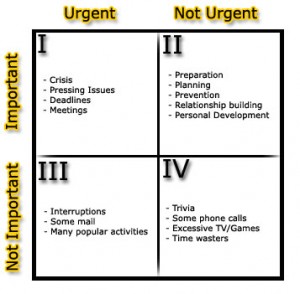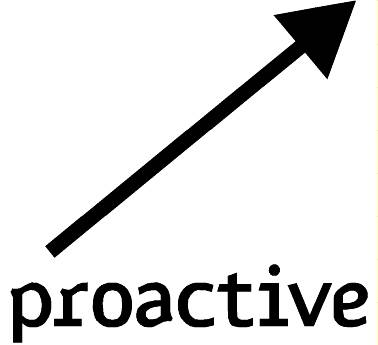The 7 Habits of Highly Effective People
By Stephen R. Covey

[The following is a synopsis of The 7 Habits]
HABIT 5: Seek first to Understand, then to be Understood: If you want to interact effectively with someone, you first need to understand them. Seeking to understand before being understood is a paradigm shift because most people want to be understood. Once you feel understood, you are open, happier. You need to be empathic. Understand how the other person feels. It is so much harder to listen than it is to speak.
Don’t prescribe from your own experiences: A father says; “I don’t understand my son because he won’t listen to me.” Wrong attitude father> I already understand him because of my own autobiography. The assumption that your experience is transferable is always false.
Why People Don’t Listen: If you deeply listen to another, the risk is that you might be changed, unless you have a changeless value. People who pretend to care very little for other people’s opinions care too much about those opinions. That’s why they are not listening. They are too vulnerable and insecure about themselves.
“Let me listen to you first.” The collective monolog, dialogue of the deaf. Communicate, listening then expressing. Empathic listening: practice at night.

[IMAGINE THIS SITUATION]: I was in the hotel room, and participants were there to make a major deal. It looked as if I was going to lose the deal, however. All my eggs were in one basket. I had nothing to lose because the deal was obviously sunk, so I decided to use Habit 5: I decided to listen, and then be understood. I said let me understand your position: I really want to understand it. “I sense you want this, you worry about this, and if you don’t get this you are in danger. I understand you.” & the business man got the deal. If you meet the person on their level they will feel validated, and be understood. That is more important than the technical dimensions of the deal. Making someone feel understood….













